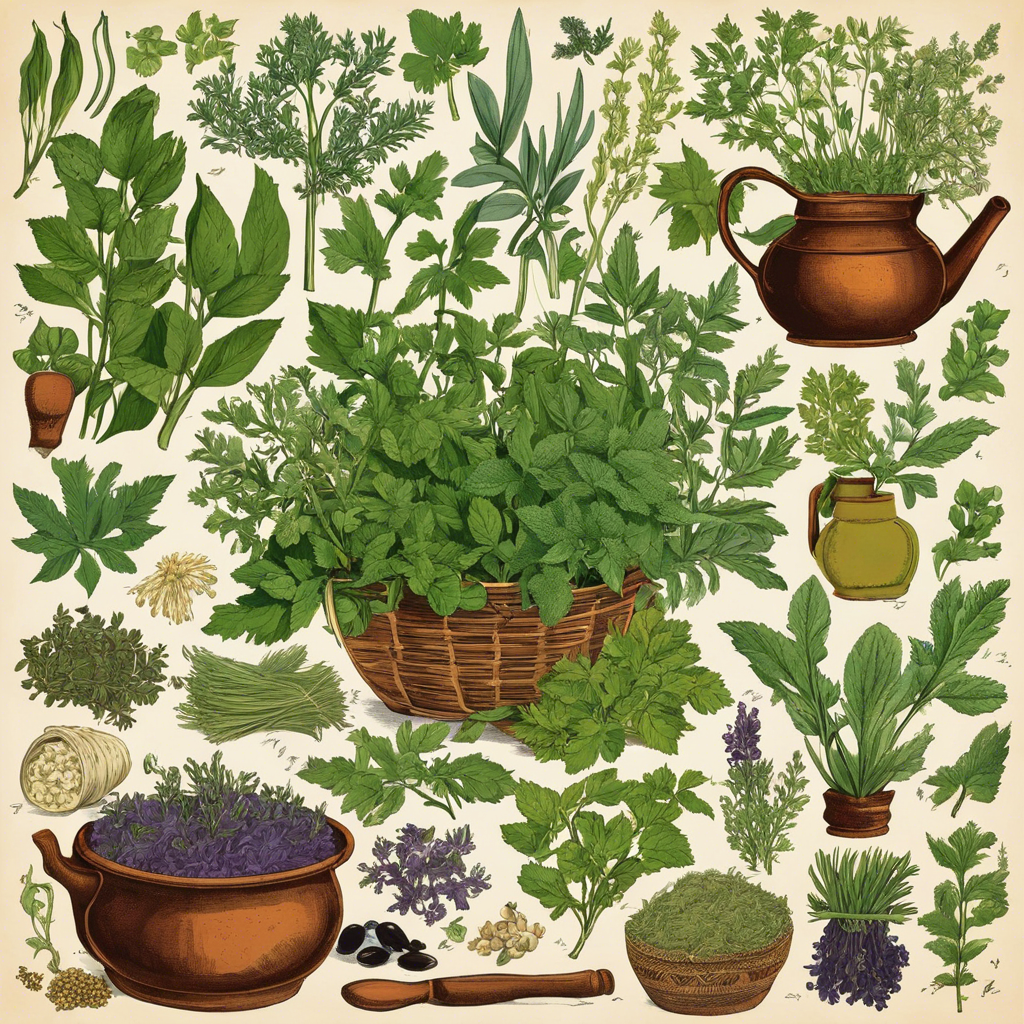The kitchen is often the heart of the home, a place where magic happens and delicious creations come to life. But beyond the usual spices and herbs that give our food flavor, there is a fascinating culinary history to be explored, one that delves into the mystical and healing properties of various herbs and botanicals. This journey into kitchen witchery uncovers ancient wisdom, cultural traditions, and a deep connection to the natural world, offering a richer understanding of the role herbs play in our kitchens and our lives.
Since ancient times, herbs and botanicals have been revered for their medicinal and magical properties, playing a pivotal role in culinary practices across diverse cultures. From the early use of garlic to ward off evil spirits and the plague to the ancient Romans’ belief in the protective powers of bay leaves, herbs have held a place of significance in the kitchen, far beyond mere flavor enhancement. Traveling through time, we find that the Middle Ages brought about an even greater emphasis on the healing powers of herbs, with monastery gardens cultivating an array of plants for medicinal purposes, marking the beginnings of herbalism as we know it today.
Kitchen witchery, an ancient craft, combines culinary skills with the magical and medicinal properties of herbs and botanicals. Practitioners of this craft, often known as kitchen witches or culinary witches, believe that preparing food is a sacred act, filled with intention and infused with love and healing. It is a form of natural magic, harnessing the power of nature’s bounty to create nourishing dishes that not only satisfy hunger but also uplift the body, mind, and spirit.
Herbs and spices are the cornerstone of kitchen witchery, each possessing unique properties that go beyond their aromatic and flavorful contributions to dishes. For instance, rosemary, with its piney fragrance, is believed to enhance memory and concentration, while basil, with its sweet and savory notes, is tied to prosperity and abundance. The delicate petals of edible flowers not only add a touch of elegance to meals but also bring their own magic to the table—violets for love and loyalty, marigolds for creativity and passion.
But kitchen witchery isn’t just about the herbs and spices; it’s a holistic practice that honors the earth and the bounty it provides. It involves a deep understanding of the natural world, from the healing properties of herbs to the energy and symbolism of different ingredients. Kitchen witches are attuned to the cycles of nature, using seasonal ingredients and aligning their practices with the rhythms of the earth.
In the modern world, kitchen witchery has evolved, blending ancient wisdom with contemporary culinary techniques. It embraces a holistic approach to cooking, encouraging the use of organic, locally sourced ingredients and a mindful connection to the earth. This fusion of culinary arts and magical practices has given rise to a new generation of kitchen witches who are creating delicious dishes infused with intention, love, and a touch of magic.
The history of kitchen witchery is deeply intertwined with the development of herbalism and the recognition of plants as powerful allies in healing and magic. Over centuries, various cultures have contributed to this rich tapestry, influencing the practices and beliefs surrounding the culinary use of herbs and botanicals. From the early folk remedies of ancient civilizations to the sophisticated herbal apothecaries of the Renaissance, our understanding of the medicinal and magical properties of plants has evolved, shaping the way we use herbs in our kitchens today.
Today, kitchen witchery continues to thrive, with practitioners all over the world embracing the art of creating delicious dishes infused with magical intent. It has evolved to encompass a wide range of beliefs and practices, embracing the diverse cultural backgrounds and personal interpretations of those who identify as kitchen witches. Through their culinary creations, kitchen witches bring a sense of wonder and enchantment to the table, sharing their love for food and magic with those around them.
Whether you’re a home cook looking to add a touch of magic to your meals or a practitioner of the magical arts seeking to deepen your understanding of herbalism, the world of kitchen witchery awaits your exploration. By delving into the rich history, cultural traditions, and healing properties of herbs and botanicals, you can bring a new layer of depth and meaning to your culinary creations, infusing them with ancient wisdom and a touch of natural magic.
